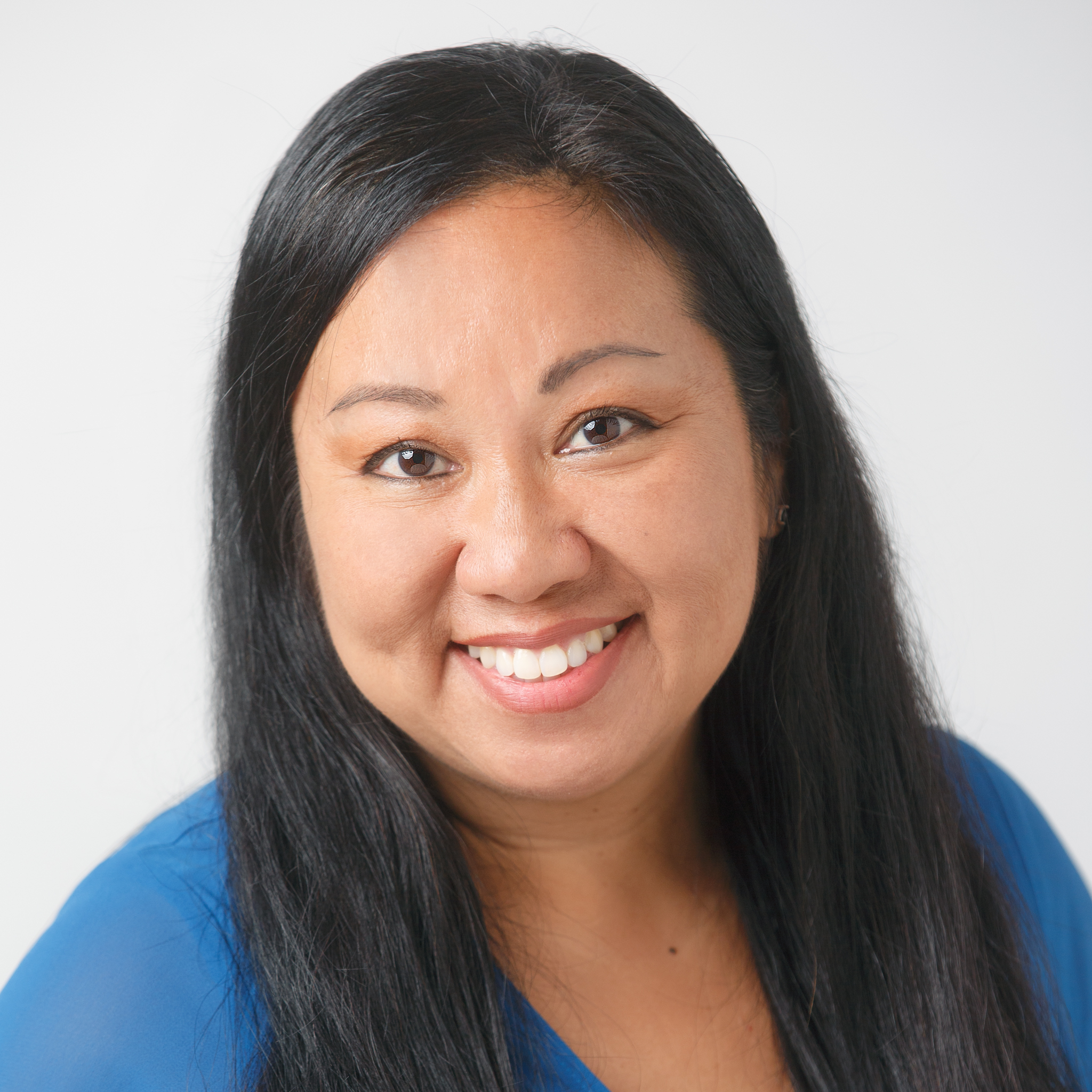Published originally in Anton Media, Parenting Plus column, August 20 2021, By Kathy Rivera
After working in the mental health field for more than two decades, it should have come as no shock to me when I read some of the negative responses to Simone Biles’ announcement that she was pulling out of the Olympics team competition due to anxiety and other emotional challenges—but it stung, nevertheless.
On social media, TV and other outlets, outraged commenters called her everything from a coward to a quitter to a spoiled brat. Texas deputy attorney general Aaron Reitz went so far as say that Biles was a “national embarrassment.”
Former British TV host Piers Morgan tweeted, “Are ‘mental health issues’ now the go-to excuse for any poor performance in elite sport? What a joke. Just admit you did badly, made mistakes, and will strive to do better next time. Kids need strong role models, not this nonsense.”
Would these naysayers have been so harsh if Biles had pulled out because of a broken foot or burst appendix?
These comments are a clear sign that stigma surrounding mental health issues is still pervasive. Fortunately, however, there was some very positive news: The level of support for Biles from other athletes, celebrities, public figures and everyday people far outweighed the negativity, with many describing her frankness in discussing mental health as brave and inspiring.
Olympic swimming champion Michael Phelps, who has been open about his own mental health challenges, put it this way: “We’re human beings. Nobody is perfect. It’s OK to not be OK. It’s OK to go through ups and down and emotional rollercoasters. The biggest thing is, we all need to ask for help when we go through those times.”
While few of our children are under the intense public scrutiny as are Biles, Phelps, tennis star Naomi Osaka or the many celebrities who have been discussing their mental health issues, they still face enormous pressures, especially given the disruption and fear brought on by the pandemic.
At North Shore Child & Family Guidance Center, we’ve been receiving a growing number of calls from parents concerned about their children and teens’ mental health. Many describe classic signs of depression and anxiety: withdrawal from friends, lack of interest in activities that normally gave them pleasure, mood swings, agitation, sleeplessness (or oversleeping), changes to eating patterns, substance abuse—even thoughts of suicide.
While mental health issues existed in kids long before the pandemic struck (an estimated one in five youth experience a mental illness), I believe we are on the verge of a crisis that may well surpass anything we’ve ever experienced. For many young people, their very foundations were shaken apart during the pandemic, with fear and hopelessness about the future enveloping them to the point of unending despair.
How can you help? The situation with Simone Biles has provided an opportunity for families to discuss stigma and for caregivers to teach kids that no one should ever feel ashamed if they are feeling sad, anxious or emotionally overwhelmed. You can tell your children that Simone was brave to speak out and put her mental health first. You can also let them know that you are there for them, without judgment and with an open mind and heart, whenever they are feeling down.
You can also encourage your schools, religious organizations, medical professionals and other community resources to include discussions about mental health and provide resources for kids who are having difficulties. Don’t hesitate to reach out to mental health organizations like ours for information and support.
Bottom line: It’s everyone’s responsibility to educate themselves about mental health and to stand up to stigma. Let’s use the opportunity surrounding Simone Biles’ brave decision to open up about her struggles to provide our kids with the knowledge, support and understanding they will need during the challenges that lie ahead.
Kathy Rivera, LCSW, is the new Executive Director/CEO of North Shore Child & Family Guidance Center, Long Island’s leading non-profit mental health organization which has been serving our community for nearly 70 years. The Guidance Center never turns anyone away for inability to pay. To get help for your child or to support the organization’s life-saving work, call (516) 626-1971 or visit www.northshorechildguidance.org.














